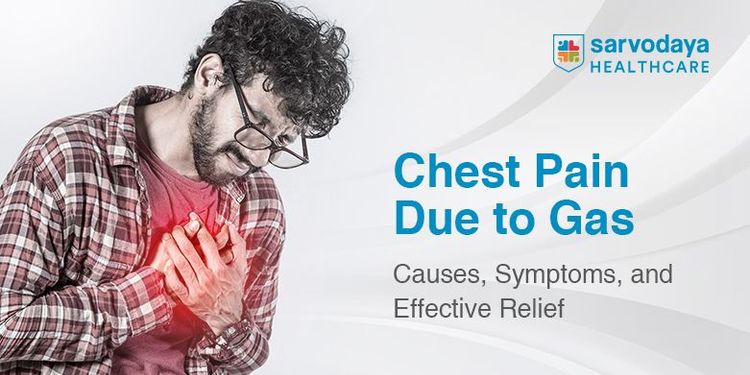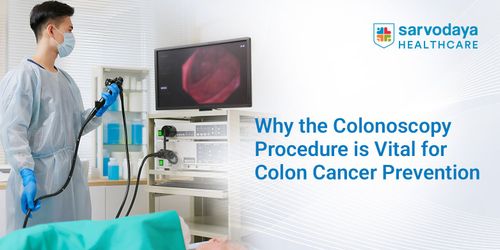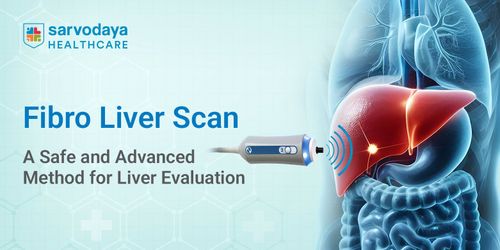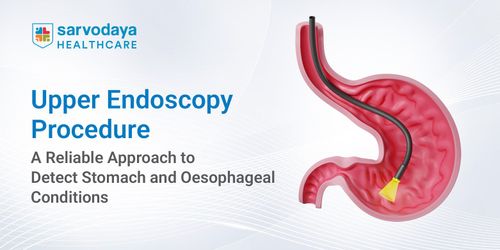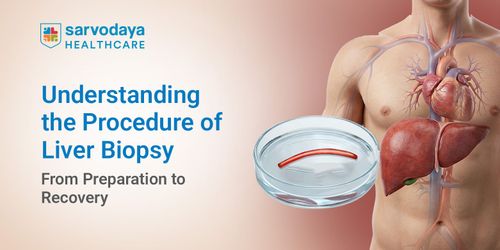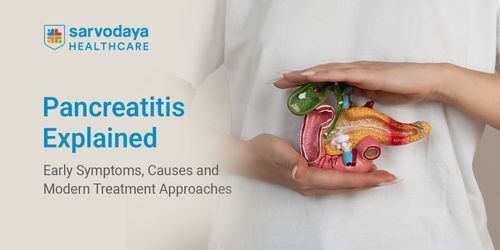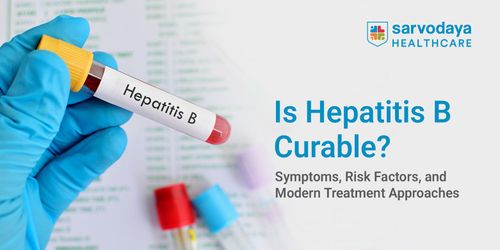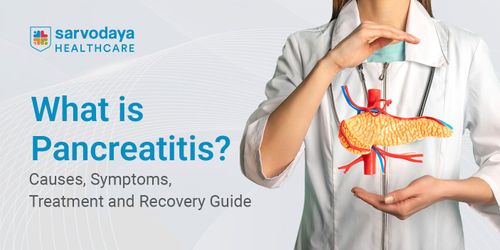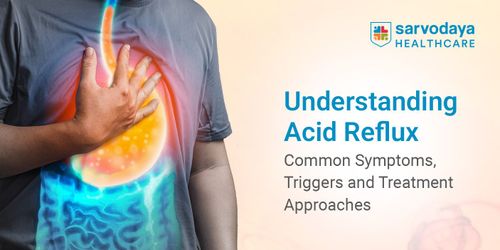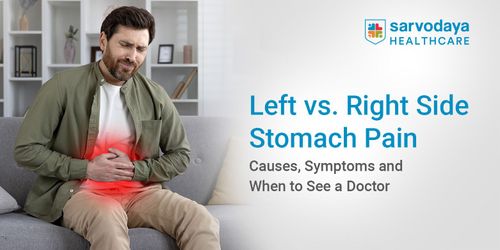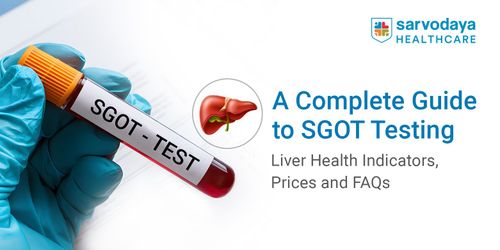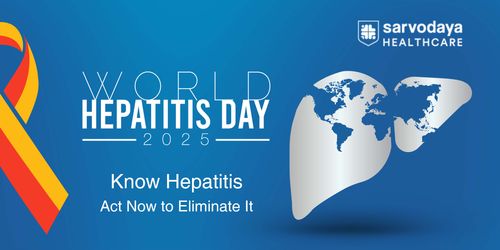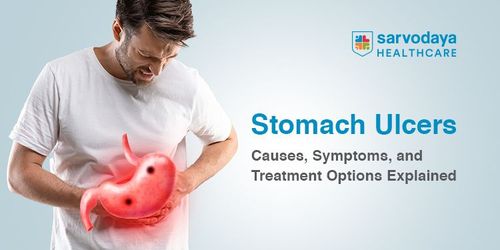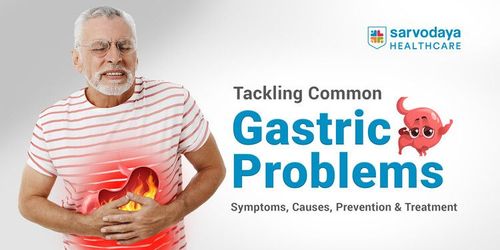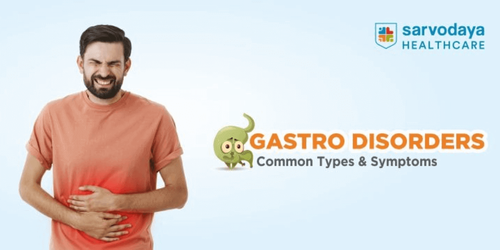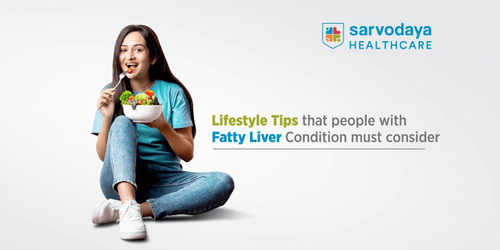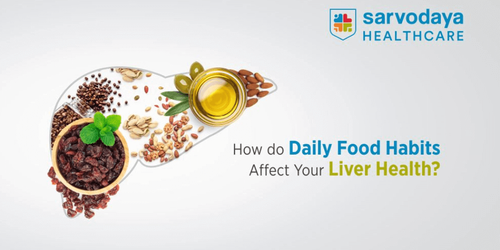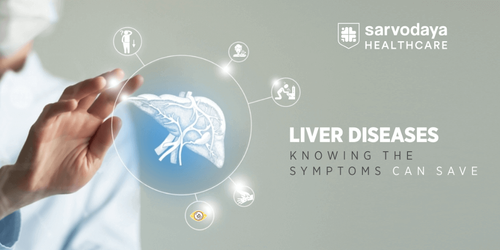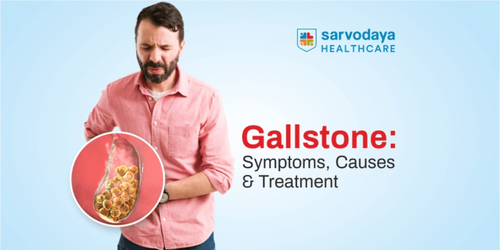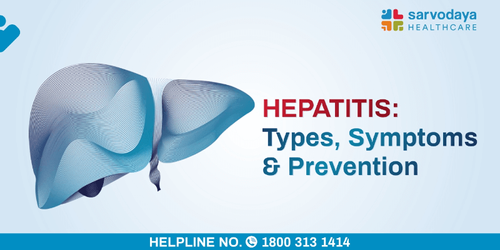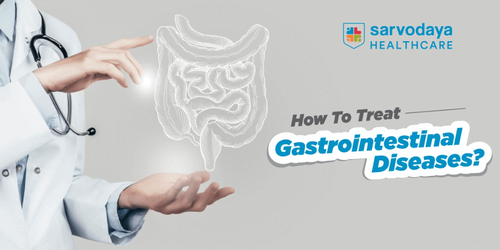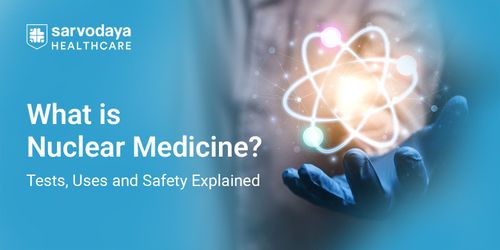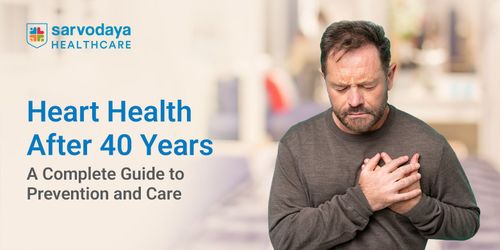Experiencing chest pain can be alarming, often leading people to assume that it is heart-related. However, not all chest discomfort is linked to cardiac problems. In many cases, the culprit is chest pain due to gas, which can cause significant discomfort and even mimic the symptoms of more serious conditions.
In this blog, we will explore the causes and symptoms of gas in the chest, how it can be differentiated from more dangerous conditions, and how you can find relief.
Understanding Chest Pain Due to Gas
When gas builds up in the stomach or intestines, it creates pressure that can radiate upwards, resulting in gastric pain in the chest. This sensation is often confusing, as it can be mistaken for heart pain due to gas. The pain is usually not constant but comes in waves, sometimes spreading to the back or shoulders, leading to gas pain in the chest and shoulder or even gas pain in the upper back and chest.
Several common scenarios can lead to such discomfort:
- Eating too quickly and swallowing excess air.
- Consuming carbonated drinks can increase gas formation.
- Overeating, especially of greasy or spicy meals.
- Digestive conditions like acid reflux or gastritis.
Although left chest pain due to gas is common, any persistent or severe chest pain should not be ignored. Ruling out heart-related issues is essential before assuming the cause is gastric.
Read More- Tackling Common Gastric Problems: Symptoms, Causes, Prevention and Treatment
Symptoms of Gas in the Chest
The discomfort caused by chest pain due to gas can feel very similar to cardiac pain, which is why many people panic when they first experience it. However, certain distinguishing features can help you understand if the pain is gas-related.
Here are the most common symptoms of gas in the chest:
- A sharp, stabbing pain that comes and goes rather than remaining constant.
- Bloating or a heavy feeling in the stomach, alongside chest discomfort.
- Relief after burping or passing gas.
- Gas pain in the chest and shoulder occurs when trapped gas presses on nerves linked to the upper body.
- Gas pain in the upper back and chest is often reported when indigestion or acidity worsens.
- Left chest pain due to gas, which can sometimes feel like heart-related discomfort.
It is important to note that if the pain is accompanied by dizziness, sweating, shortness of breath, or radiates to the jaw and arm, you must seek emergency medical help. These could be signs of a heart attack rather than heart pain due to gas.
Causes of Gas Pain in the Chest
Gas-related chest discomfort can be triggered by various factors, most of which are linked to dietary and lifestyle habits. Understanding these causes can help prevent recurrence and improve overall digestive health.
The key causes of gastric pain in the chest include:
- Overeating: Large meals put pressure on the digestive system, increasing gas production.
- Eating too Quickly: Swallowing air while eating or drinking leads to trapped gas.
- Carbonated Drinks: Fizzy beverages cause a sudden build-up of gas in the stomach.
- Indigestion and Acidity: Common causes of chest pain due to gas, particularly after spicy or oily meals.
- Underlying Conditions: Gastro-oesophageal reflux disease (GERD), gastritis, and irritable bowel syndrome can cause persistent discomfort.
Connection Between Gas and Heart Pain Sensation
One of the main reasons chest pain due to gas causes anxiety is that it often feels like a cardiac issue. The nerves in the digestive system and chest are closely connected, which makes heart pain due to gas a common complaint. When gas builds up and creates pressure, it irritates the nerves and radiates discomfort towards the chest, back, and shoulders.
This overlap in nerve pathways explains why gas pain in the chest and shoulder, or left chest pain due to gas, may feel similar to heart pain. However, unlike cardiac pain, gas-related discomfort tends to improve with burping, passing wind, or using simple home remedies.
How to Relieve Chest Pain Due to Gas
Fortunately, there are several ways to reduce discomfort and manage chest pain due to gas effectively. Relief can often be achieved through simple techniques at home or by using over-the-counter medication.
Some effective methods to reduce chest pain due to gas include:
- Warm Water: Sipping warm water helps relax the digestive tract and ease pressure.
- Herbal Teas: Peppermint or ginger tea can soothe indigestion and reduce bloating.
- Gentle Movement: Light walking or stretching encourages gas to move through the intestines.
- Abdominal Massage: Circular motions on the stomach can release trapped gas.
- Over-the-counter Remedies: Antacids or simethicone tablets can provide quick relief from gastric pain in the chest.
When to Seek Medical Help
Although chest pain due to gas is usually harmless, knowing when it might signal something more serious is crucial. Gas-related pain often eases with lifestyle changes or simple remedies, but there are instances when professional care is required.
Seek urgent medical help if you experience:
- Severe or crushing chest pain that does not improve.
- Pain radiating to the arm, jaw, or back.
- Shortness of breath, nausea, or sweating along with chest discomfort.
- Repeated gas pain in the upper back and chest despite dietary control.
Conclusion
Chest pain due to gas is a fairly common yet often misunderstood condition. While it can cause sharp discomfort that feels alarming, it is usually harmless and manageable with proper care. Recognising the signs, identifying your triggers, and making simple adjustments to your lifestyle can go a long way in reducing the recurrence of gastric pain in the chest.
At the same time, it is essential to remember that not all chest discomfort should be dismissed. For individuals experiencing persistent or severe pain, consulting a medical expert is always advisable. At Sarvodaya Hospital, Faridabad, patients benefit from advanced diagnostics, highly experienced specialists, and personalised treatment plans. Whether you need guidance for digestive health or reassurance through a preventive consultation, the hospital provides holistic care to ensure your health and peace of mind.
Book an appointment now to seek timely medical advice and ensure the cause is correctly diagnosed and more serious conditions are ruled out.
If you’re looking for the best gastroenterology Hospital in Faridabad, Delhi NCR, Sarvodaya Hospital offers world-class care with some of the most experienced best gastroenterologist in Delhi NCR, Faridabad, and Greater Noida.
Our Specialist here also:
Gastroenterologist in Faridabad


